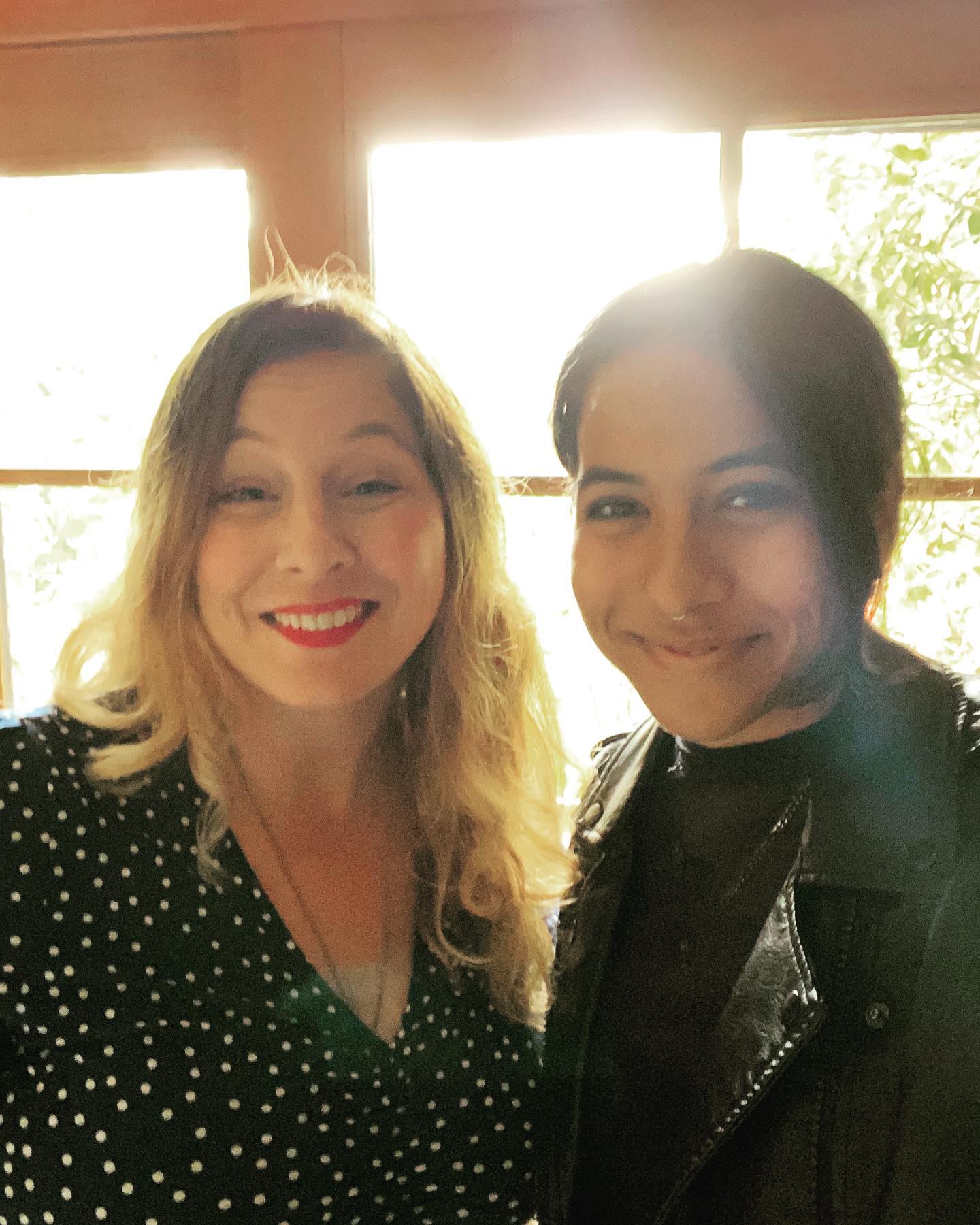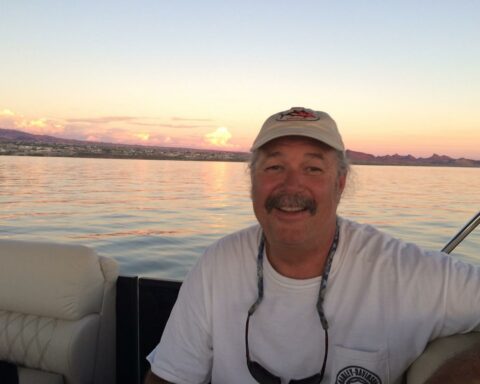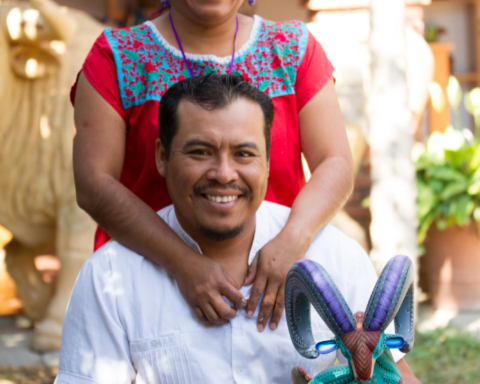Author: Dr. Tehea Robie, L.Ac., DAOM, Dipl. OM
Thea Wellness & Acupuncture is a queer-owned, woman-owned Bay Area sole proprietorship that is deeply invested in the movement for integrative, patient-centered healthcare. We specialize in chronic illness (remote, herbal consultations), pain relief (in person-acupuncture) and stress and emotional trauma (both remote, herbal consultations and in-person acupuncture). The skills provided by Thea Wellness and acupuncture are vital and needed. We can offer patients valuable, personalized, digital care with real, trackable results. We believe in a global movement for integrative medicine for all. Toward that end we offer monthly, free ear acupuncture clinics in the Bay Area.
Founder’s/Owner’s story and what motivated them to start the business
I’m a hospital-trained acupuncturist and a doctor of Chinese herbal medicine. Before going to medical school, I spent over 10 years as a massage therapist and 10 years working directly with mentally-ill adults, in a group home setting. I wrote my Master’s thesis on PTSD and Chinese medicine. During my doctoral program, I chose a preceptorship at Highland Hospital in Oakland, CA and research there allowed me to co-author “A Retrospective Study of Acupuncture in the Emergency Department in a Public Safety-Net Hospital”, the abstract of which was presented at the Society for Acupuncture Research in 2019.
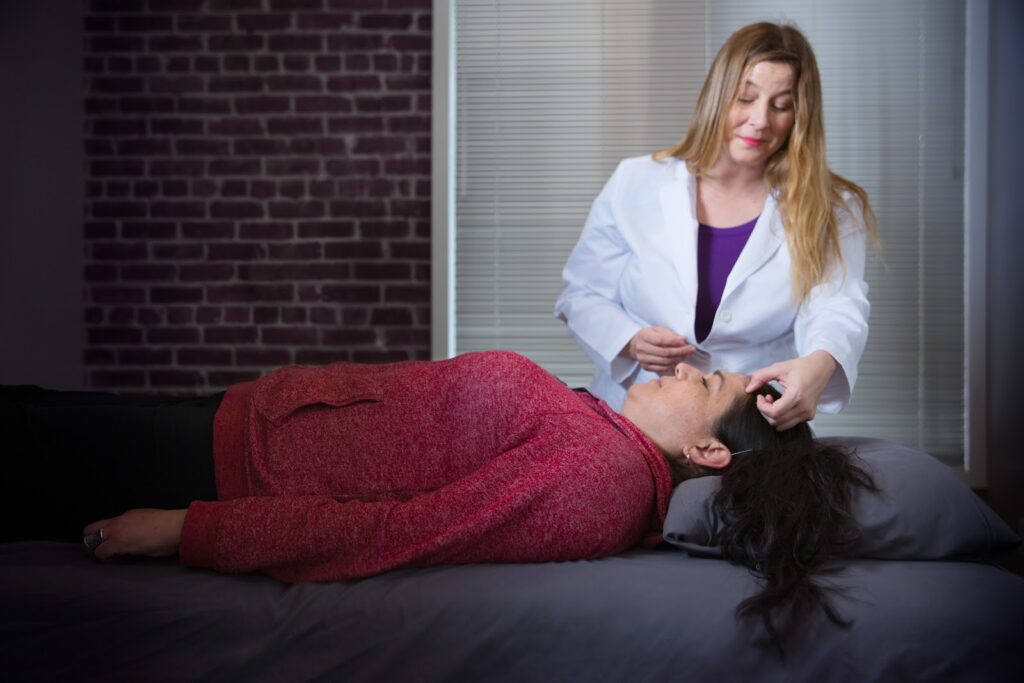
As a first-generation college student from a working-poor family of origin, in 2017, after passing board exams and obtaining an acupuncture license — I opened the business, just as I was beginning a doctoral program for Chinese medicine. I started with very little capital, just enough to rent a space and purchase two months of operating supplies. I simultaneously worked side-jobs to keep it afloat.
I experienced the loss of my mother, due to lung cancer, when I was 21. She did not have access to adequate healthcare. She knew her pain was due to a serious condition for months and she was not listened to. This delayed her diagnosis and impacted her chances at remission. In choosing to become a healthcare practitioner myself, listening to what my patients know about their own bodies — is extremely important to me.
The challenges the business/market is facing
When I finished my doctoral program in January 2019, I was ready to promote the business full force. Two months later, the first pandemic stay-at home-order caused me to close my office. Because I had patients on a 12-week program, I adapted the business to incorporate herbal telemedicine and emotional regulation through self-acupressure. I and my patients began to understand how impactful this remote way of addressing their concerns really was. I provided these offerings to other existing patients and managed to keep up some semblance of the business open until it seemed safe to open in person again.
In-person, service-based businesses continue to be at risk, during the ongoing cover 19 pandemic.
The opportunities the business/market is facing
Growing demand for mental healthcare and physical healthcare – and a shortage of workers – opens space for integrative healthcare practitioners to provide solutions. Market Demand for telemedicine and health services is growing.
Globally, the market for health and wellness is projected to be worth more than six trillion U.S. dollars by 2025 (Gough, 2022). For total wellness spending in the US, 50.1% was spent on health — versus appearance, fitness, nutrition, mindfulness and sleep – which was 49.9 % combined (Gough 2022). The annual growth rate (CAGR) from 2020 to 2027, for acupuncture and herbs, is expected to be 19.78% (Grand View Research, 2020). Use of telemedicine has skyrocketed over the past two years, and the growth is expected to continue past the pandemic, according to the CDC (CDC, 2020). Three relevant trends characterize the wellness market: the personalization of services and products, increased use of digital channels, and consumers gravitating toward services for physical health and mental health (Callaghan, Lösch & Pione et al., 2022). In addition, since the Covid-19 pandemic, an ongoing mental health crisis has increased demand for mental health tools that is, according to the American Psychological Association, outgrowing the supply (APA, 2020). This demand is projected to continue increasing, during and after the pandemic (United Health Foundation, 2021). There is ample opportunity for integrative healthcare providers to address emotional resourcing, from a body-based standpoint, by utilizing self-acupressure in particular (Church & Feinstein, 2017).
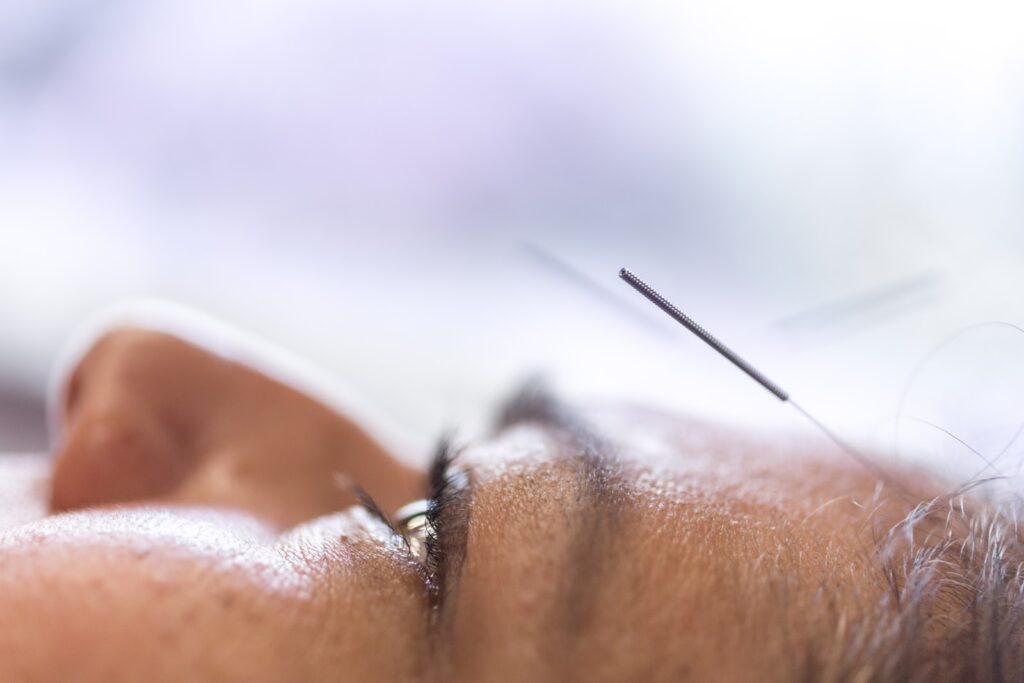
The covid-19 pandemic has increased the stress, trauma and mental health load all across the globe. People are more concerned about their health and wellbeing than they were two to three years ago (Callaghan, Lösch & Pione et al., 2022). There is an ongoing shortage of healthcare workers and mental health practitioners (Mercer, 2021). Integrative modalities, such as Chinese medicine and acupuncture, are gaining ground in mainstream US healthcare (Millard, 2022).
According to Chinese medicine, these conditions are often inter-related. For example, improving the outcomes of digestive issues, stress or pain often helps resolve insomnia. Resolving insomnia improves stress. Resolving trauma can improve all of these conditions. Acupuncture, herbal consultation and self-help tools like acupressure can successfully address these issues in a holistic way, which distinguishes these modalities from allopathic healthcare and mental health models. My unique experience in addressing pain, mental health and integrative medicine can allow me to help patients with their discomfort in multiple ways. I can connect with Western medical practitioners and partner with them with confidence, which helps me advocate for patients.
Advice to others about business
* Start early. It takes time to bring in revenue, any revenue, when opening a new business. Start as soon as you can, even with little efforts. Find out which processes take the longest and start there.
* Get all your ducks in a row. Make sure that all your permits, licenses, insurance and regulations are addressed early on. This will give you the confidence and validation to feel like a “real” business.
* Do you love it? Do it? Do you dread it? Don’t do it. Loving what your business is and is about will help you get through the inevitable difficulties of starting your own venture.
* Don’t be surprised if having your own business heals you. In this world, there is so much negative programming about what our labor is worth. Despite the stress, entrepreneurship and creating your vision may prove to be very healing for your mind and soul.
American Psychological Association. (2020, October). Stress in America 2020 survey signals a growing National Mental Health Crisis. American Psychological Association. Retrieved May 12, 2022, from https://www.apa.org/news/press/releases/2020/10/stress-mental-health-crisis
Callaghan, S., Lösch, M., Pione, A., & Teichner, W. (2022, January 27). Feeling good: The future of the $1.5 Trillion wellness market. McKinsey & Company. Retrieved May 12, 2022, from https://www.mckinsey.com/industries/consumer-packaged-goods/our-insights/feeling-good-the-future-of-the-1-5-trillion-wellness-market
CDC. (2020, October 30). Trends in the use of telehealth during the emergence of the COVID-19 pandemic – United States, January–March 2020. Centers for Disease Control and Prevention. Retrieved May 12, 2022, from https://www.cdc.gov/mmwr/volumes/69/wr/mm6943a3.htm
Church, D., & Feinstein, D. (2017, August 1). The manual stimulation of acupuncture points in the treatment of post-traumatic stress disorder: A review of Clinical Emotional Freedom Techniques. Medical acupuncture. Retrieved May 12, 2022, from https://www.ncbi.nlm.nih.gov/pmc/articles/PMC5580368/
Gough, C. (2022, March). Wellness spending by category U.S. 2020 | statista. Retrieved May 12, 2022, from https://www.statista.com/statistics/1258562/wellness-product-spending-usa/
Grand View Research. (2020, June). Botanicals & Acupuncture Market Size & Share Report, 2020-2027. Retrieved May 12, 2022, from https://www.grandviewresearch.com/industry-analysis/botanicals-acupuncture-market#:~:text=The%20global%20botanicals%20and%20acupuncture,19.78%25%20from%202020%20to%202027
Mercer. (28AD). US projected to have major healthcare labor shortages in every state, mental health professionals grow in high demand. Mercer. Retrieved May 12, 2022, from https://www.mercer.com/newsroom/us-projected-to-have-major-healthcare-labor-shortages-in-every-state-mental-health-professionals-grow-in-high-demand.html
Millard, E. (2022, April 29). The health benefits of acupuncture. Time. Retrieved May 12, 2022, from https://time.com/6171247/acupuncture-health-benefits-research/
United Health Foundation. (2021). Explore mental health providers in the United States: 2021 annual report. America’s Health Rankings. Retrieved May 12, 2022, from https://www.americashealthrankings.org/explore/annual/measure/MHP
- Chickpeas vs. Garbanzo Beans: What’s the Difference? - April 19, 2024
- How to Manage or Improve Anxiety - September 21, 2023
- The birth of a company - July 29, 2023

